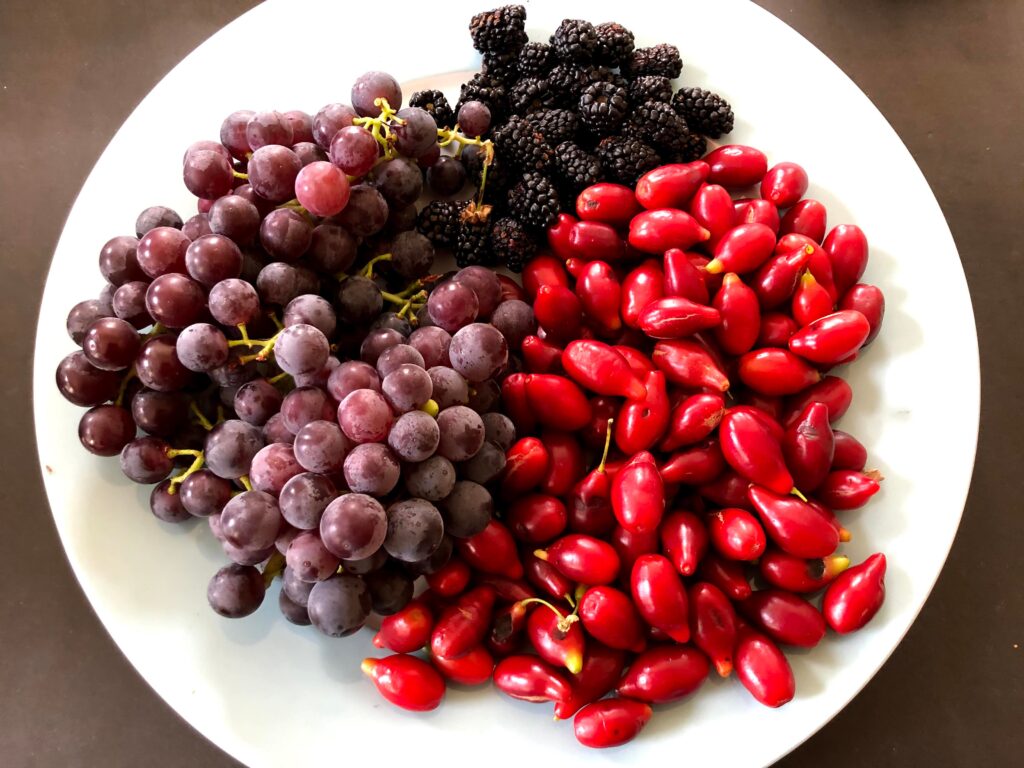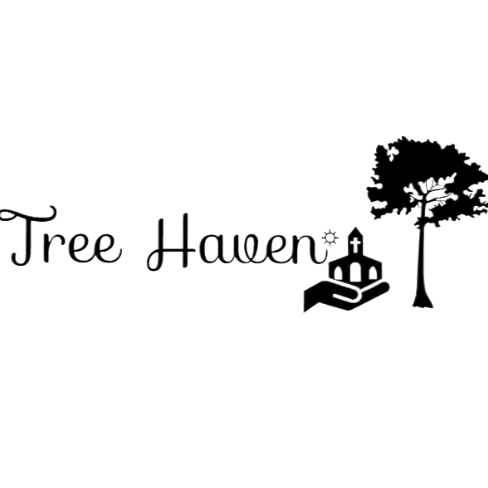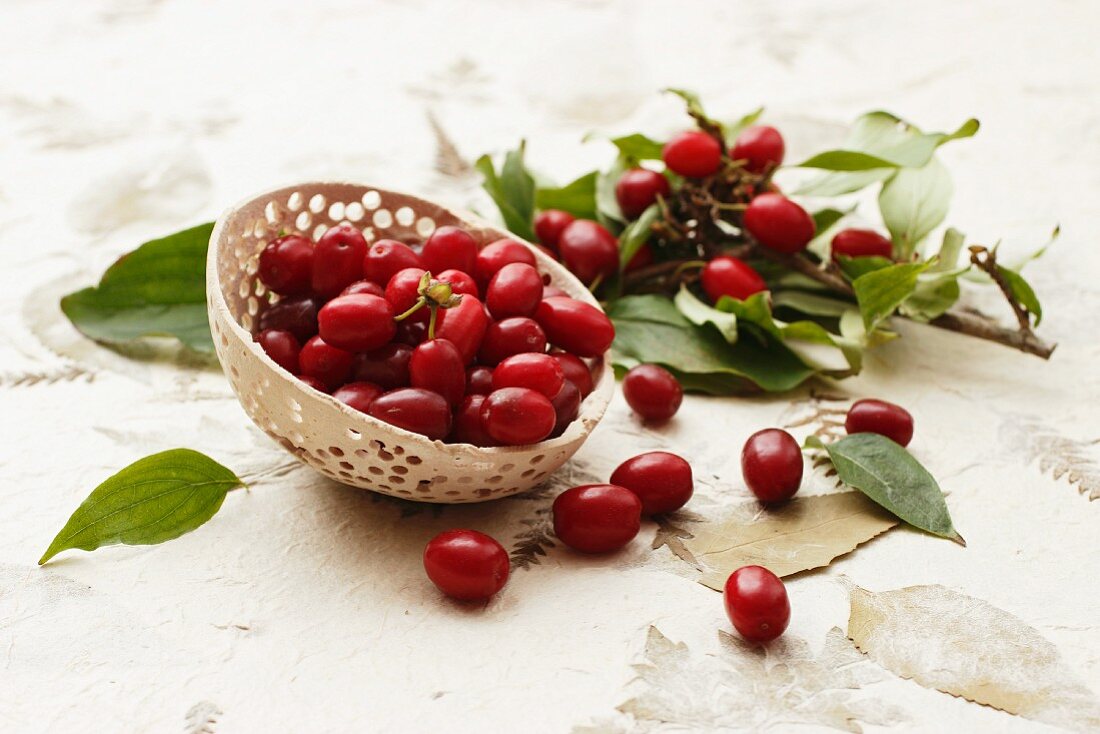The Cornelian cherry (Cornus mas), also known as European cornel, is a fascinating and versatile plant that has been cherished for centuries for its ornamental beauty, culinary uses, and medicinal properties. Native to Southern Europe and Western Asia, this deciduous shrub or small tree is a member of the dogwood family and is gaining popularity among gardeners, foragers, and health enthusiasts. Whether you’re a nature lover, a sustainable living advocate, or simply curious about unique plants, this guide will provide you with in-depth research notes on the Cornelian cherry, its benefits, and how to incorporate it into your lifestyle.
What is Cornelian Cherry?
The Cornelian cherry is a small, fruit-bearing tree that grows up to 5-12 meters tall. It is known for its:
- Bright Yellow Flowers: One of the first plants to bloom in late winter or early spring, its flowers are a welcome sign of the changing seasons.
- Edible Fruits: The cherry-like fruits are oblong, bright red or yellow, and have a tart flavor. They ripen in late summer and are rich in vitamins and antioxidants.
- Hardy Nature: The plant is drought-tolerant, disease-resistant, and adaptable to various soil types, making it a low-maintenance addition to gardens and landscapes.
Historical and Cultural Significance
The Cornelian cherry has a rich history dating back to ancient times.
- Ancient Greece and Rome: The fruit was used for medicinal purposes and as a food source. The wood, known for its hardness, was used to make tools and weapons.
- Traditional Medicine: In Eastern Europe and Asia, the fruit has been used to treat digestive issues, fever, and infections.
- Culinary Uses: The tart fruits are used to make jams, jellies, syrups, and even alcoholic beverages like vodka and wine.
Health Benefits of Cornelian Cherry
The Cornelian cherry is a nutritional powerhouse, packed with vitamins, minerals, and antioxidants.
- Rich in Vitamin C: Boosts the immune system and promotes skin health.
- High in Antioxidants: Helps combat oxidative stress and inflammation.
- Supports Digestive Health: The fruit has been traditionally used to improve digestion and treat diarrhea.
- Anti-Inflammatory Properties: May help reduce inflammation and support joint health.
- Blood Sugar Regulation: Some studies suggest that Cornelian cherry extracts may help regulate blood sugar levels.
Growing and Caring for Cornelian Cherry
If you’re interested in growing Cornelian cherry, here’s what you need to know:
1. Planting
- Climate: Thrives in USDA hardiness zones 4-8.
- Soil: Prefers well-drained, slightly acidic to neutral soil but is adaptable to various soil types.
- Sunlight: Grows best in full sun to partial shade.
2. Care Tips
- Watering: Drought-tolerant once established, but regular watering is needed during the first few years.
- Pruning: Prune in late winter or early spring to maintain shape and encourage fruit production.
- Fertilizing: Apply a balanced fertilizer in early spring to promote healthy growth.
3. Harvesting
- Timing: Fruits ripen in late summer and can be harvested when they turn bright red or yellow.
- Storage: Fresh fruits can be stored in the refrigerator for up to a week or frozen for long-term use.
Culinary Uses of Cornelian Cherry
The tart flavor of Cornelian cherries makes them a versatile ingredient in the kitchen.
- Jams and Jellies: The high pectin content makes them ideal for preserves.
- Syrups and Sauces: Perfect for drizzling over pancakes, yogurt, or desserts.
- Beverages: Used to make wines, liqueurs, and herbal teas.
- Baking: Add dried or fresh fruits to muffins, cakes, and tarts for a tangy twist.
Medicinal Uses and Preparations
Cornelian cherry has been used in traditional medicine for centuries. Here are some common preparations:
- Tea: Steep dried fruits or leaves in hot water for a soothing and immune-boosting tea.
- Tincture: Extract the fruit’s beneficial compounds using alcohol or vinegar.
- Powder: Dry and grind the fruits into a powder for use in smoothies or capsules.
Cornelian Cherry in Sustainable Living
The Cornelian cherry is an excellent choice for those interested in sustainable living.
- Low Maintenance: Requires minimal water and care, making it an eco-friendly addition to gardens.
- Wildlife Support: The flowers attract pollinators, while the fruits provide food for birds and small mammals.
- Soil Health: The plant’s deep roots help prevent soil erosion and improve soil structure.
Cornelian Cherry in Nature Photography and Outdoor Activities
For nature enthusiasts and photographers, the Cornelian cherry offers endless opportunities.
- Spring Blooms: Capture the vibrant yellow flowers against the backdrop of late winter landscapes.
- Summer Fruits: Photograph the bright red or yellow fruits as they ripen.
- Hiking and Foraging: Look for wild Cornelian cherry trees during hikes and foraging trips.

Why Cornelian Cherry is Perfect for Every Lifestyle
- Gardeners: A hardy and low-maintenance plant that adds beauty and functionality to any garden.
- Health Enthusiasts: A nutrient-rich fruit with numerous health benefits.
- Culinary Explorers: A versatile ingredient for creating unique and flavorful dishes.
- Nature Lovers: A plant that supports wildlife and enhances natural landscapes.
- Sustainable Living Advocates: An eco-friendly choice for gardens and outdoor spaces.
Plan Your Cornelian Cherry Journey Today
The Cornelian cherry is a remarkable plant that offers beauty, nutrition, and sustainability. Whether you’re growing it in your garden, foraging for its fruits, or exploring its health benefits, this unique plant is sure to enrich your life.
Start your Cornelian cherry journey today and discover the many ways this ancient fruit can enhance your lifestyle.

